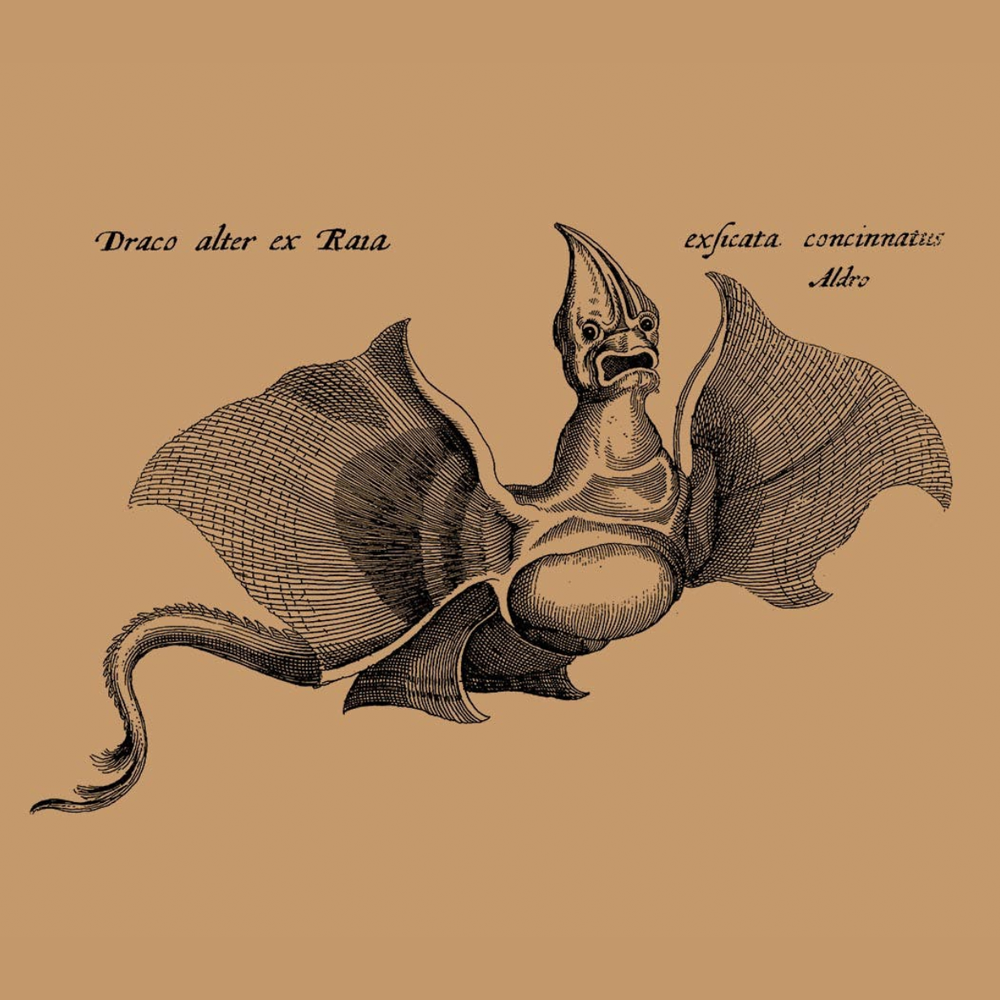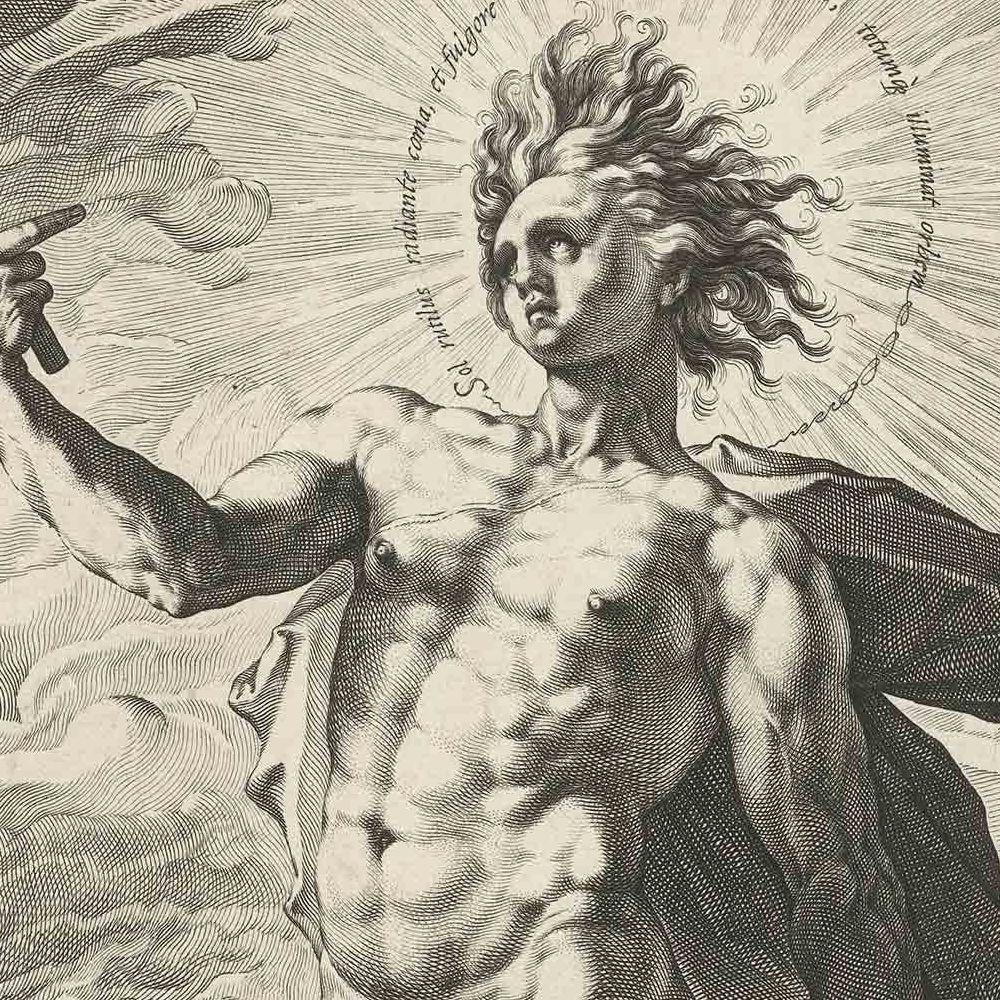What Defines a Monster?
Etymology of Monster
Etymologically, the word monster derives from the Latin word monstrum, which was initially derived from the verb moneo meaning, "to warn, remind, instruct or foretell". It includes anything "strange or singular, contrary to the usual course of nature, by which the gods give notice of evil, a strange, unnatural, hideous person, animal, or thing".

The Origins of the Minotaur
Animal monsters are not bound by moral order, which is the unwritten code of conduct that maintains social conventions. However, you will find instances, such as the Minotaur, where their origin is tied to a direct violation of human moral law. In Greek mythology, Minos prayed to the sea god Poseidon to send him a snow-white bull as a sign of god's favour. Minos was to sacrifice the bull in honour of Poseidon, but he was captivated by its beauty and decided to keep it. As punishment, Poseidon made Minos' wife, Pasiphaë (the queen of Crete), fall in love with the bull. She mated with the bull, resulting in the birth of the monstrous Minotaur, who had a bull's head and tail and the body of a man.
Monsters in Popular Culture

Tales of monsters and beasts have provided endless inspiration to writers, visual artists and filmmakers since their inception and continue to have a prominent presence in contemporary popular culture and many religions to this day.




